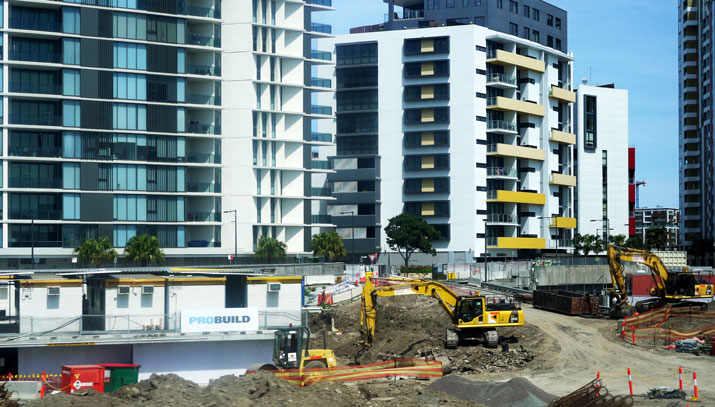From Smart Property Investment
New research has revealed that property investors are negotiating significant price discounts on home loans, despite measures to cool investor lending.
Speaking to Smart Property Investment’s sister publication Mortgage Business following the release of the JP Morgan Australian Mortgage Industry Report last week, Digital Finance Analytics (DFA) principal Martin North, who co-authored the report, said “there is strong evidence that investors are becoming able to secure significant discounts” on their home loans.
“We are seeing competition swinging back more into the investor loan space. Some of the discounts we are seeing are even better than what is available to FHBs or even owner-occupiers with a higher LVR,” he said.
Rate discounts for investors all but disappeared when regulatory measures saw banks introduce differential pricing last year. Lenders then started to offer attractive headline rates under 4 per cent in an effort to secure investor business, particularly as the growth rate of their books fell below APRA’s 10 per cent speed limit.
According to Mr North, before differential pricing you could get up to 120 basis point discounts on investor loans. Now, he says, those discounts are returning as fresh momentum gathers in the investor lending market.
“Property investors seem convinced that capital growth is still available,” he explained.
“The banks are recognising this. So what they have done is take away some of those great headlines rates, those good deals, and started to offer heavier discounting for investors.
“I’ve noticed that some investors who have been transacting over the last few months have been able to get a very significant discount off their investment loan.”
However, Mr North said banks are “picky” and that discounts are heavily dependent on the type of deal. Investor home loans that are principle and interest (P&I) with an LVR of 80 per cent or less are attracting the biggest discounts, he said.
“My view is that these discounts are now back in the market. But you have to know where to look for them and you have to ask. It’s not just a case of flicking through the comparison websites.
“That’s why there is a very significant correlation between these discounts and mortgage brokers. They know where to find these discounts.”
The revelation comes as new data from major mortgage aggregator AFG shows lending to property investors remains strong, falling by just two percentage points over the September quarter.
Comparethemarket.com.au analysed AFG’s September quarter data to find that borrowing by real estate investors declined marginally from 34 per cent to 32 per cent for the first quarter of the 2016/17 financial year.
Back in May APRA announced the big four banks and Macquarie would be required to hold additional regulatory capital against their loan books as protection against any increase in defaults.
Banks have also tightened their lending requirements. For example, Commonwealth Bank no longer lends to self-employed foreign property investors.
“Tighter regulations designed to cool the property market, and lending to it, hasn’t deterred investors,” Comparethemarket.com.au spokesperson Abigail Koch said.
The latest ABS housing finance data shows that the $31.4 billion worth of commitments in August was split between $19.5 billion worth of commitments by owner-occupiers and $11.9 billion in commitments to investors. The value of lending to owner-occupiers has fallen over two consecutive months while lending to investors has risen for the fourth consecutive month.

